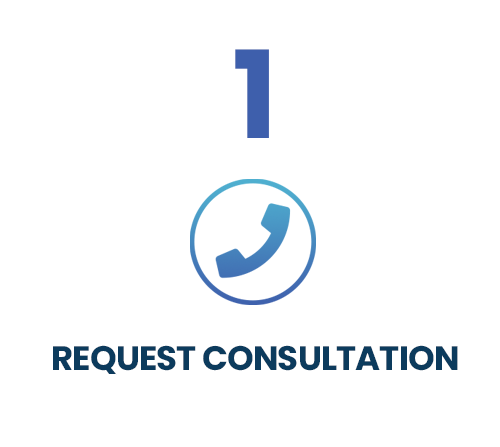With more and more consumers reaching for their smartphones and tablets to conduct searches and make purchases, having a mobile-friendly presence is becoming essential.
According to a Google study, nearly 75% of users prefer a mobile-friendly site. So, if you currently have a mobile-friendly site in place, you could be benefiting from one of your competitors that does not. On the other hand, if your site is not mobile-friendly, you could potentially be spoon feeding your competitors new business.
So, the question is not whether you should have a mobile-friendly website, but rather, which mobile solution is right for your business, a responsive website or a dedicated mobile site? Below are some of the advantages of each.
Advantages of Responsive Web Design:
SEO Friendly – With responsive web design, there is no need to worry about running a separate SEO campaign for your mobile site. In fact, Google recommends and prefers responsive web design as opposed to dedicated mobile sites because responsive design makes it more efficient for Google to crawl and index your website’s content, it preserves the canonical URL (the authoritatively correct URL of a website), and it simplifies the sharing of the site’s content.
Consistent – Because responsive web design is part of your website, it provides your company with a consistent online presence over all devices. Whether you are looking at your company website through a smartphone, tablet, or desktop, with responsive design you will be able to present users with a website that is consistent in design, content, and accessibility.
Less Workload – Since dedicated mobile websites are essentially a separate website from their desktop counterparts, updates to site content must be made to both versions, effectively requiring the same updates to be made twice. Conversely, with responsive design, updates only have to be made to one website.
Advantages of Dedicated Mobile Websites:
Faster Load Speeds – Dedicated mobile websites are designed specifically for mobile devices and tend to utilize less code, and smaller images than desktop sites, making their page load speed much faster. Responsive design sites contain far more code, content, and larger image files, which can slow down page load speeds.
Designed for Specific Purpose – Oftentimes, companies require their mobile site to serve a specific and different purpose than their desktop counterpart. For example, a dental practice may want to utilize a mobile site specifically to allow existing patients to easily and conveniently book appointments through their smartphone when on the go. However, in keeping with this example, a better solution would be to have dedicated mobile site in the form of an app that allows patients to book appointments, in addition to a responsive design site that caters to new patients searching for local dentists with their mobile devices.
Usability – Many of the common features that are available on a desktop site do not work properly on mobile devices. When a visitor encounters this, they can become frustrated with the experience, which can result in lost business. With a dedicated mobile site, you can potentially provide your visitors with a more user-friendly mobile experience.
Bottom Line
Mobile is important, and the real question is which mobile solution should your business move forward with, responsive web design or a dedicated mobile site? The answer to this question lies within your company’s goals, objectives, and the specific needs of your target audience. An experienced Tampa web design company can help you determine which mobile solution is best for your business.




